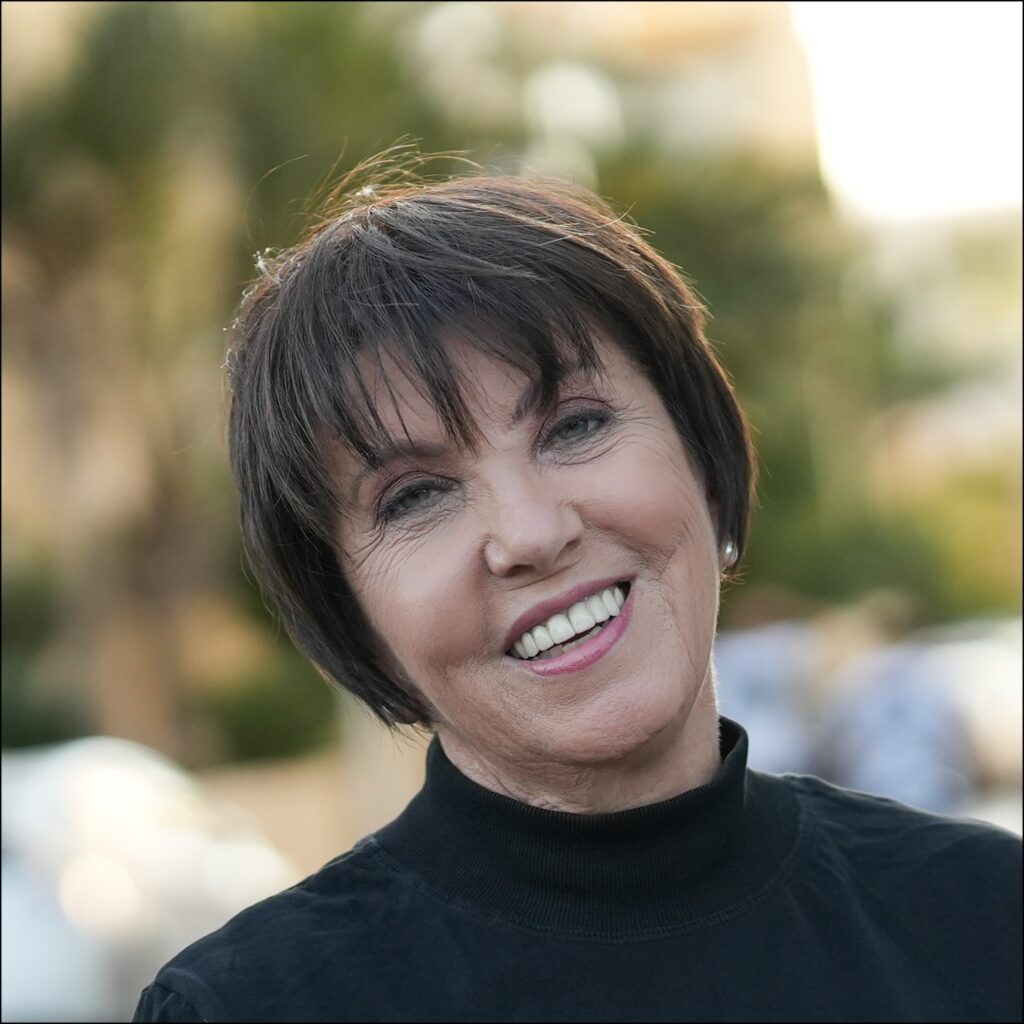
Zehava Galon
The former leader of the Meretz party and of the Israeli Left is widely known for her parliamentary and public activism in support of the struggle for human rights, the rights of women, minorities, and marginalized groups, and the end of the occupation. She was one of the founders of the B’Tselem Information Center for Human Rights in the Occupied Territories and its first executive director. Over the course of nearly four decades of rich public and political activity, Galon has established herself as a symbol of democracy, human rights, and peace.
The numerous prizes she has been awarded in recognition of her public activity include: the Israel President’s Award for combating human trafficking, the President Carter Award on behalf of B’Tselem, Champion of the Movement for Quality Governance, Order of Valor for her social justice advocacy, Order of the LGBT Community for her work on equal rights, the Mahatma Gandhi Peace Prize, and the American Council of Jewish Women Award for her work on advancing women’s rights. In addition, she has repeatedly been listed as a top influencer in the Israeli economy due to her work in the Knesset Finance Committee.
Galon served as a member of Israel’s Parliament for 16 years, including six years as leader of Meretz. Upon retiring from politics in May 2020, she founded Zulat, a think tank that aims to promote equality and human rights policies and to restore the legitimacy of a human rights discourse in Israel. Heeding the groundswell of requests from Meretz members pleading with her to come back to lead the party in the last election (2022), she stepped down from her position in Zulat but resumed her civic engagement as its president after Meretz failed to make it into the Knesset.
Born in 1956, Galon immigrated to Israel from the former Soviet Union at the age of four. She is married, mother of two and grandmother of six. She holds a Bachelor of Education degree from Beit Berl College, a Master of Arts degree in philosophy of education from the Hebrew University of Jerusalem, and completed all the requirements toward a PhD in gender studies at Bar-Ilan University but did not submit a research thesis.
The most tempting thing to do now is to despair, to decide that there is no longer a chance and that there is no sense in investing time and effort only to see our hearts break again. There are so many reasons to despair, and they are there at our fingertips: the hostages held by Hamas, who are slowly dying away; the disastrous war waged by the Netanyahu government in Gaza and its yearning to open more battlefronts, in northern Israel and in Iran; seeing how complicated and delicate the situation is; watching the government, which is supposed to be there for us to carefully navigate these stormy waters, look primarily after itself as it continues to promote a regime revolution and the annexation of the Occupied Territories, ignoring the threat of international sanctions and blind to the price that Israelis have been paying for its blunders.
It is so tempting to give up. Indeed, all the objective reasons are there, amplified by a huge campaign to sway hearts and minds by constantly drilling into our heads that it is a lost cause, that there is no point to it, that it is best to stay home, and that “the people are with us.” These are all lies! No doubt the situation is complex and dangerous, but “the people” are not with this government, nor do they buy into its delusions of tyranny, annexation, and despair. I’ve taken part in public and political struggles in this country all my life, against rivals that worked hard to sell despair every time. There is no point, they would whisper, you’ve lost the fight.
A year ago, Israel was the envy of the Western world. Our determined struggle to stop the regime revolution was a subject of admiration all over the world. People watched in awe as Israelis took to the streets, confronted police brutality, right-wing violence, torrents of verbal abuse, and attempts to run over demonstrators, but never flinched as they realized that they were an unbeatable force that could not be driven into despair.
At the time I founded Zulat, an independent action think tank that seeks to promote policies of equality and human rights, there was no regime revolution or war. However, the slippery slope was already visible then, clearly showing that we were headed to a dangerous place and that we had to stop the downslide.
Zulat set itself the goal of identifying and rectifying problems and distortions in our reality, to provide tools, know-how, and expertise to senior political actors by submitting opinions, position papers, research and policy proposals, and to take part in policymaking discussions and in the public discourse. Quite a few eyebrows were raised when we argued that change could not come solely from the Knesset, but I believe today more people understand what we meant back then. The opposition in the Knesset has been emasculated for years, and is now one of the weakest in the democratic world. The Knesset is important and so is legislation, but a conscientious and active civil society that knows what it is fighting for is much more important.
The conservative side of the political spectrum realized as much long before we did. They founded research institutes and think tanks, Kohelet Forum the most prominent of them, to present their reactionary vision to Knesset members, government ministers, civil servants, and public opinion influencers. Zulat did not set out to deceive the public or to propose a revolution. We believe in results and think that the best way to go about achieving them is to connect advocacy, quality research, a strong civil society, and ideological MKs.
We in Zulat believe that language shapes reality, and despair is neither an agenda nor a divine decree. In Israel’s case, despair is an emotion that this government works night and day to induce and reinforce. We don’t believe in despair. We deserve more, and we can achieve more. It is precisely at this low point that we must look to the future and set a goal.
The current government wants to eat away at our rights, but we will work hard to bring back the Declaration of Independence guaranteeing these rights into the public arena. At the moment, in the face of war, economic recession, and fear for the fate of our country, it is difficult to talk seriously about the day after. However, the day after is no fantasy but rather a basic realization that unless we ascertain the kind of country we want to see here, we will not be able to strive for it. We know very well the kind of country that Bezalel Smotrich, Itamar Ben-Gvir, and Binyamin Netanyahu want to see. We have an alternative vision.
We have undertaken a challenging task: to convince Israeli decisionmakers and public opinion influencers that a different future is possible. I was born in the Soviet Union, possibly the worst dictatorship in human history and undoubtedly one of the most murderous. Back in 1985, US Intelligence estimated that it would still be around for decades, yet it collapsed four years later, was officially pronounced dead in 1991, and is a distant memory today.
Everything is possible. It’s up to us. It all depends on our belief in ourselves, our ability to get our act together and work in an orderly and serious fashion. This government will not force me to give up my home and everything this home can be. To paraphrase Napoleon Bonaparte, reject despair and it will shift to your rivals.
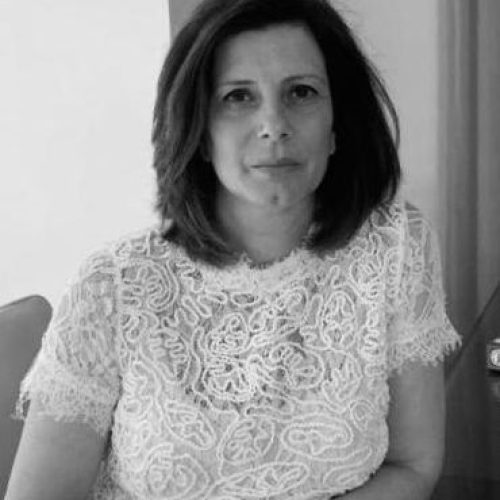
Senior Lecturer in the Department of Sociology and Anthropology, Ben-Gurion University of the Negev. She holds a Ph.D. in Sociology from Tel Aviv University (2015), a postdoctoral fellowship at the Center for Gender Studies, SOAS, University of London (2015-2016), a postdoctoral fellowship in the Department of Sociology at Tel Aviv University (2016-2017), and a postdoctoral fellowship Ph.D. at the Humphrey Institute for Social Research, Ben-Gurion University of the Negev (2018-2020).
Dr. Maha Karbahi’s areas of interest focus on the connection between social change, family behavior, and gender inequality in societies in the process of change and specifically in Palestinian Arab society in Israel. Her research draws attention to the study of family life and employment, using a combined “ethnic lens” and “gender lens” and paying attention to the perspective of Palestinian Arab women, a group characterized by intersections between multiple marginal locations, which over the years has remained hidden from the research eye. Dr. Karkabi-Sabah’s research is published in professional journals and chapters in scientific books that are considered pioneers in family research, work, and gender equality.
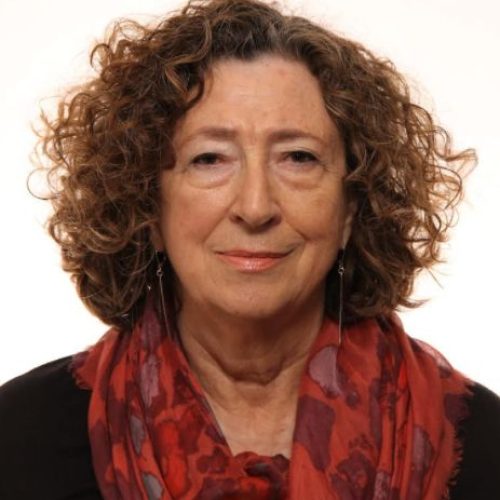
Professor Emeritus in the Lieberman Chair in Labor Law, in the Faculty of Law at the Hebrew University and serves as a full professor in the College of Management’s academic track, where she also serves as chair of the graduate program and as honorary president of the Concord Center for International Law Absorption. Radai was a member of a working group of the UN Human Rights Council on discrimination against women. In addition, she is a prominent and feminist human rights activist.
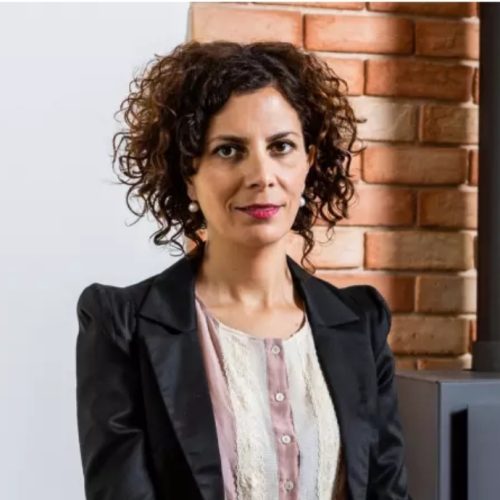
Dr. Rawia Aburabia
Faculty member of Sapir Academic College’s School of Law, received her PhD from the Hebrew University of Jerusalem. Her research deals with the interface between law, gender, minorities, and human rights. Has published in leading journals on the subject of the matrimonial laws pertaining to Muslim women in Israel. Her book Under the Law, Outside Justice: Polygamy, Gendered Citizenship, and Colonialism in Israeli Law is expected to be published as part of the Gender Series of Kibbutz Meuhad Publishing House.
Dr. Aburabia has extensive experience in international human rights and public law. She has worked as a jurist for the Association for Civil Right and has been invited as a specialist to address such international forums as the United Nations and the European Parliament on the subject of indigenous communities and minority rights. She has interned with Human Rights Watch in Washington DC, and has been a member of the executive board of Amnesty International. In 2018, she was selected by the magazine Globes as one of the 40 most promising young persons in Israel under the age of 40.
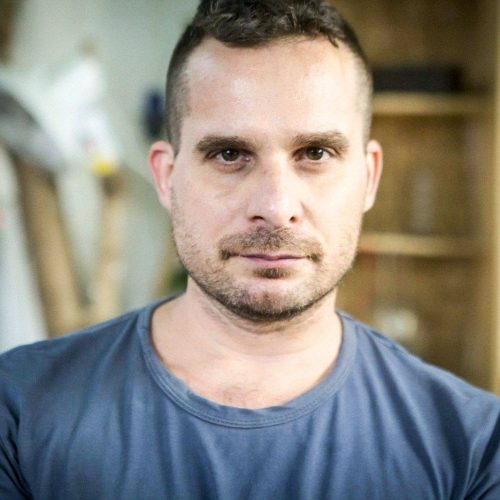
Ron Kessler
With over two decades of experience in the field of digital content, Ron has participated in numerous political and social campaigns. He helped run the digital activity of senior public officials, and worked in various NGOs. Ron is a fundamentally optimistic man, who believes that Israel can be changed and so can people. Lives in Tel Aviv.